Wireless exit push button
* 2 Channels
* DC 12V
* COM-NC-NO
* 20 meters range in an open area
* Radio receiver included
A wireless exit push button typically consists of a transmitter (the push button) and a receiver, which is connected to the access control system. When the button is pressed, it sends a radio frequency (RF) signal to the receiver, which then unlocks the door.
-
Transmitter (Push Button):
A physical button, often wireless, that is pressed to initiate the exit request.
-
Receiver:
A device that receives the wireless signal from the transmitter and is connected to the access control system (e.g., electric strike, magnetic lock).
-
Power Source:
The transmitter and receiver may require separate power sources, or some models might be batteryless and generate their power upon button press.
- Activation: When a person presses the wireless exit button, it sends a radio frequency (RF) signal to the receiver.
- Signal Reception: The receiver picks up the RF signal from the transmitter.
- System Trigger: The receiver then relays this signal to the access control system.
- Door Release: The access control system, in response to the signal, will either unlock the door or activate the mechanism that allows the door to be opened.
-
Ease of Installation:
Wireless models are easier to install, as they don’t require wiring through walls or ceilings.
-
Flexibility:
Wireless buttons can be placed in various locations without needing to be near a power source or wiring.
-
ADA Compliance:
Many wireless exit buttons are designed for accessibility, making them suitable for users with disabilities.
-
Safety:
They ensure a safe and easy exit from secured areas, especially in emergencies.
-
Integration:Wireless exit buttons are designed to seamlessly integrate with existing access control systems.

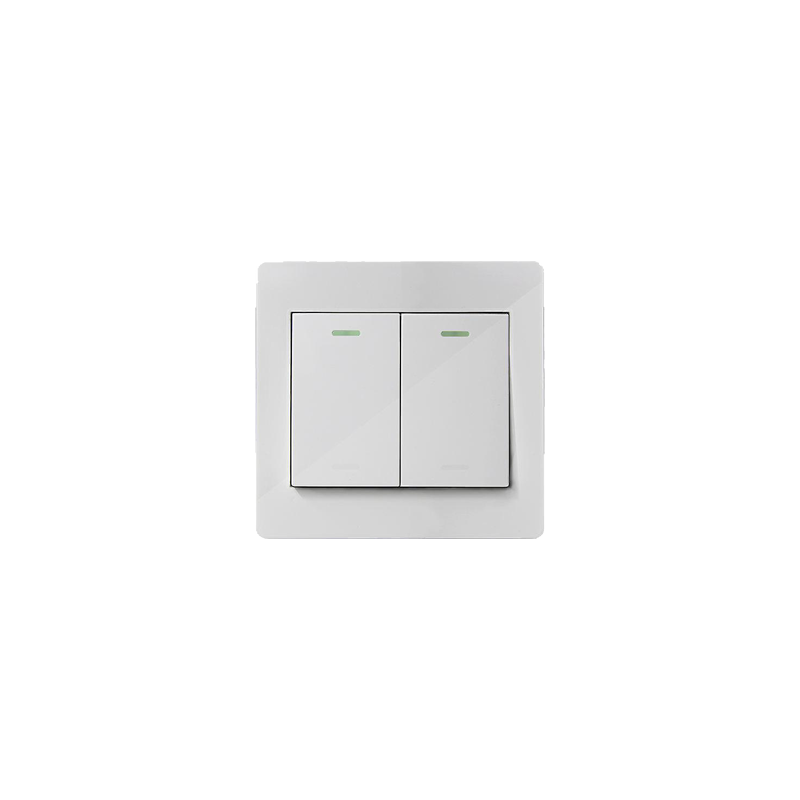

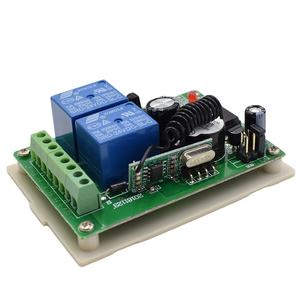

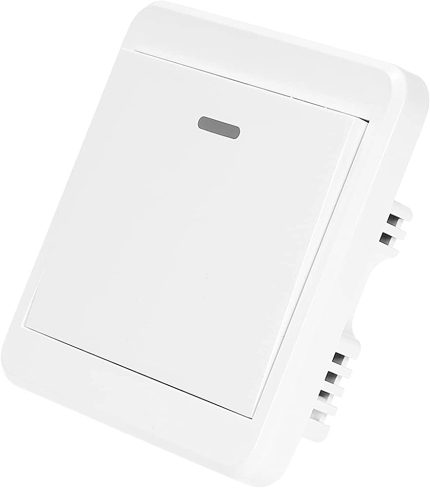
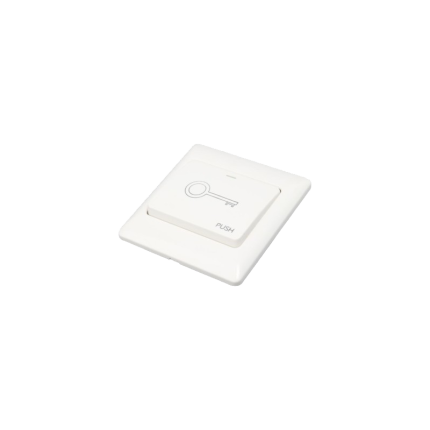
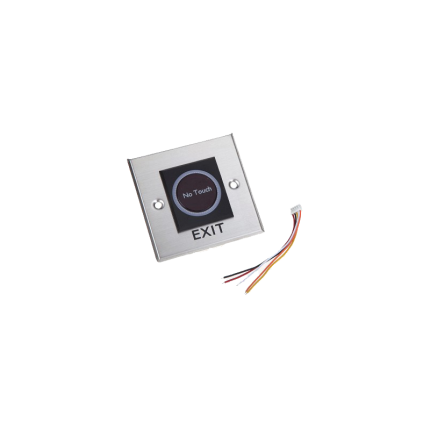
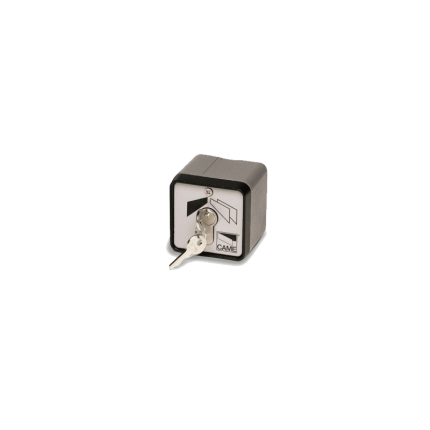
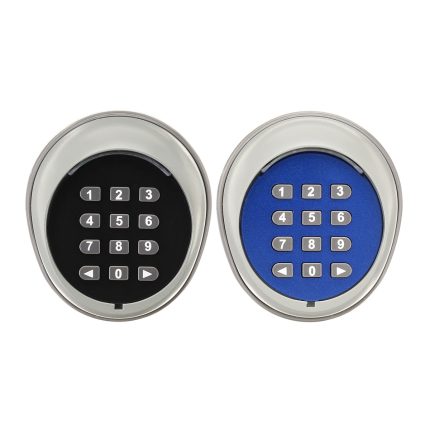
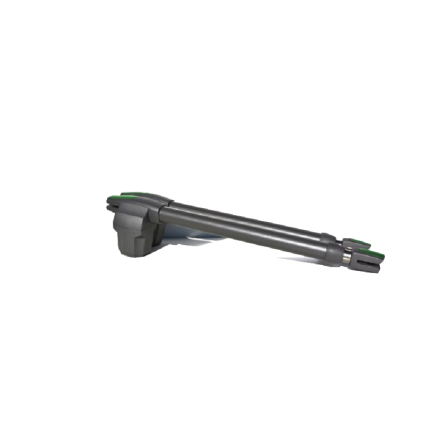
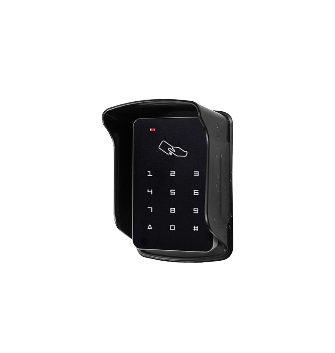
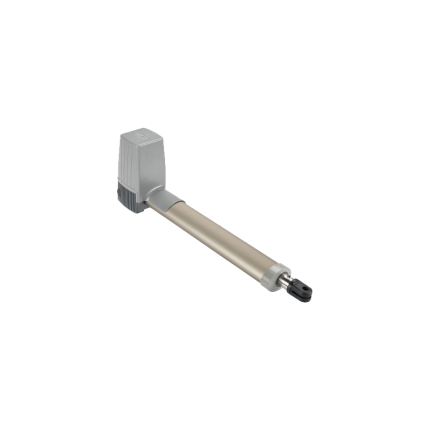
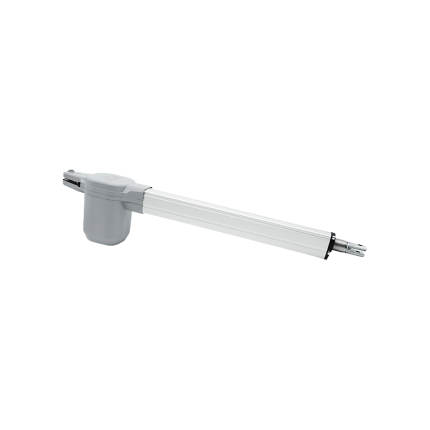
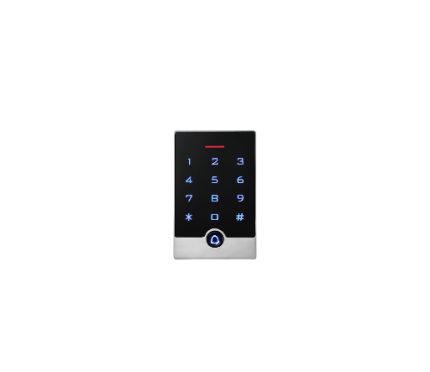











Reviews
There are no reviews yet.